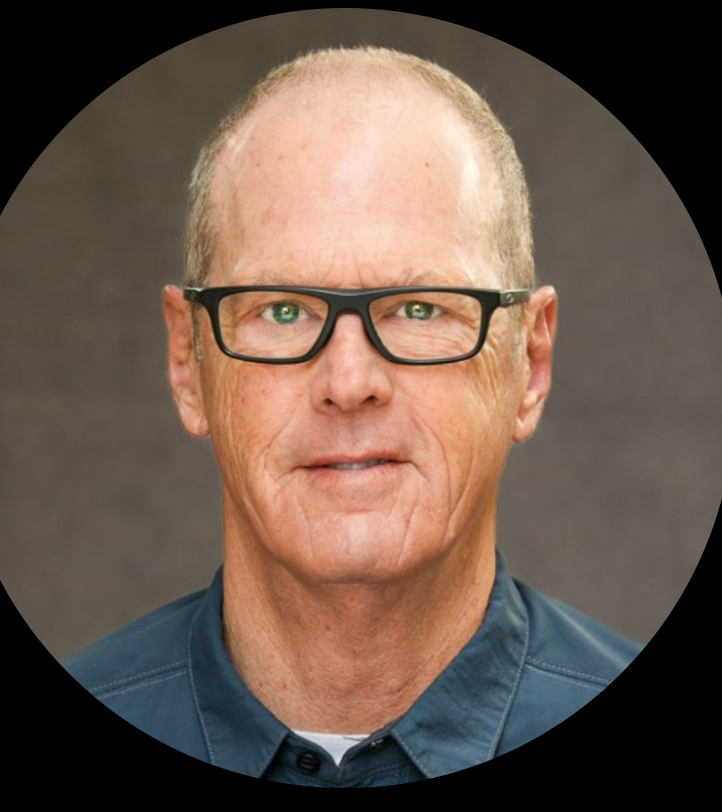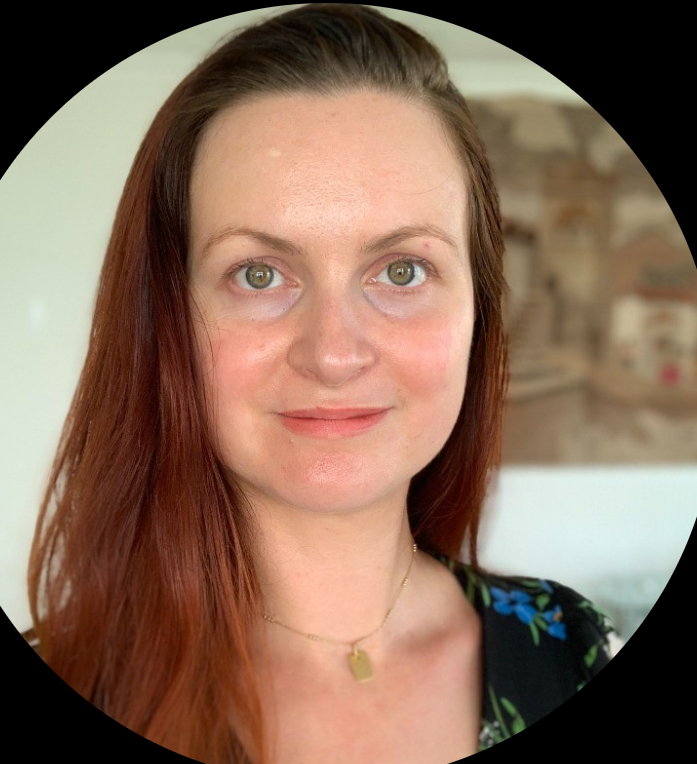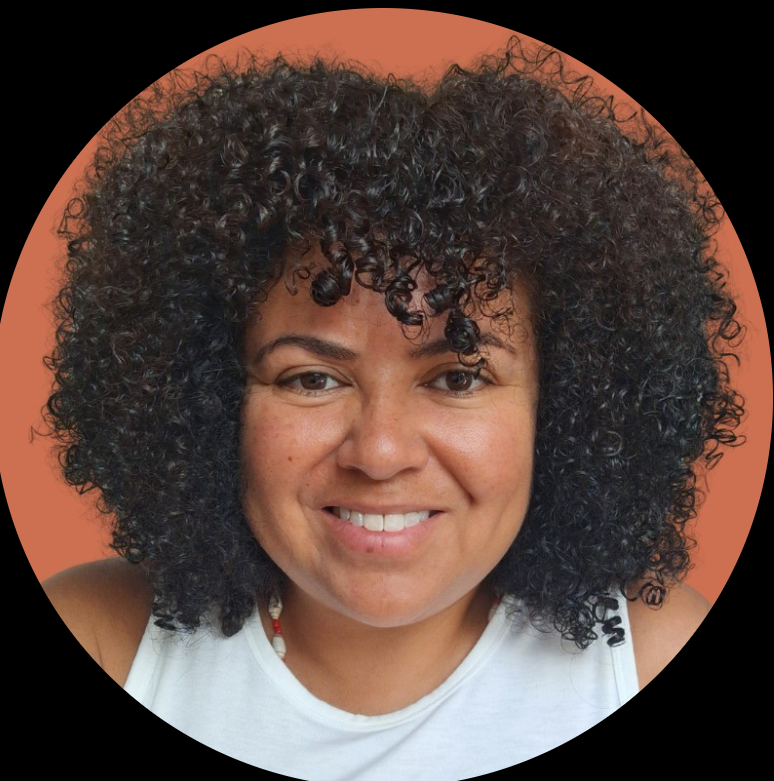From water scarcity in Hyderabad to leading sustainable innovations in California, Deepika Phakke is an inspiring force in the world of ethical entrepreneurship. As the founder of Nama Water and Ayurvedist Teas, she blends childhood experiences, personal conviction, and a bold vision for a more conscious planet. Her journey from Google to going solo is a story of resilience, intention, and impact.
At Humans of Fuzia, we are proud to spotlight Deepika—a solopreneur who is not just building sustainable brands but also empowering women everywhere to challenge norms and lead with awareness.
Deepika, what inspired you to start Nama Water?
I grew up in Hyderabad, India, where water scarcity was a daily reality. I remember being eight and carrying water home from tankers—not because we were poor, but because of failing infrastructure. That early experience shaped my deep respect for water. When I moved to the U.S. in 2015, I noticed how abundantly water was available but often taken for granted. While working at Google, I was involved in climate-related projects and saw firsthand the scale of plastic pollution. So two and a half years ago, I decided to create Nama Water—an ethically sourced water brand packaged in infinitely recyclable aluminum bottles. It’s my way of addressing both water respect and the plastic crisis.
That’s powerful. And you’re also building another brand—Ayurvedist Teas?
Yes! Ayurveda was a natural part of my life growing up in India, but it slowly disappeared from my routine while living in the U.S. I began experiencing burnout and inflammation while building Nama Water. That’s when I turned back to Ayurvedic wisdom. Earlier this year, I launched Ayurvedist Teas—a line of organic, fair trade, dosha-based teas designed to bring longevity and balance. Our teas are crafted to meet different energy types and moments of chaos or imbalance. It’s all about bringing conscious wellness to the modern world.
You’ve faced big decisions—what was the biggest challenge in your journey?
Leaving a stable, high-paying job at Google was the biggest challenge. Convincing my family back in India wasn’t easy—they were understandably worried. But I had prepared for two years before quitting, saving enough to sustain myself and cutting down on lifestyle costs. More than that, I was mentally ready. I wanted to build something meaningful and was excited by the uncertainty and learning curve that comes with entrepreneurship—whether it was figuring out how retail buyers work or getting my first product into stores.
How did you land your first customer for both brands?
For Nama Water, I approached a boutique store I loved visiting in San Francisco’s Ferry Building. As a customer, I could see the fit—and when I pitched it, they agreed. For Ayurvedist Teas, I did the same with my local grocery store. Being authentic, connecting as a customer first, and presenting the value worked in both cases. Larger retail partnerships, like San Francisco Airport, took persistent in-person pitching and explaining the product’s benefits.
Do you work alone or have a team?
I’ve been a solopreneur, but I’m excited to share that we’ve just made our first full-time hire—an operations lead who’ll support both Nama Water and Ayurvedist Teas.
What are your thoughts on women in leadership today?
Women are already leading—and we need even more of it. Female leadership brings a level of consciousness, compassion, and efficiency that’s often missing. I’ve had some of the most inspiring women mentors at Google and now in my entrepreneurial journey. Their ability to prioritize and lead strategically is something I strive for. I truly believe women leaders help teams thrive with clarity and empathy.
What advice would you give to aspiring women entrepreneurs?
Go out and seek challenges. Whether you’re in a stable job or starting something new—challenges are inevitable. So why not embrace them? Take on things that scare you—whether it’s pitching a buyer, starting a new hobby, or traveling solo. The confidence you build will help you grow everywhere in life. If you’re facing a challenge, you’re already capable of overcoming it. Trust that.
What does success mean to you now—personally and professionally?
In my 20s, success was about external validation—like making the Forbes 30 under 30 list or climbing the corporate ladder. But now, success is about consistent, conscious effort. It’s not about how many “yeses” I get in a week, but whether I showed up fully for what I committed to. I believe success is staying true to your path, being intentional with your time, and knowing that results will come as long as you stay aligned with your purpose.
“Success isn’t always about the biggest wins. It’s about how consciously and consistently you show up for what you believe in.”
Connect with Deepika Phakke
- Nama Water: www.namawater.com
- Ayurvedist Teas: www.ayurvedistteas.com
- LinkedIn: Deepika Phakke
Want to be featured?
If you’d like to be part of the Humans of Fuzia series, reach out to us at fuziatalent@fuzia.com.









